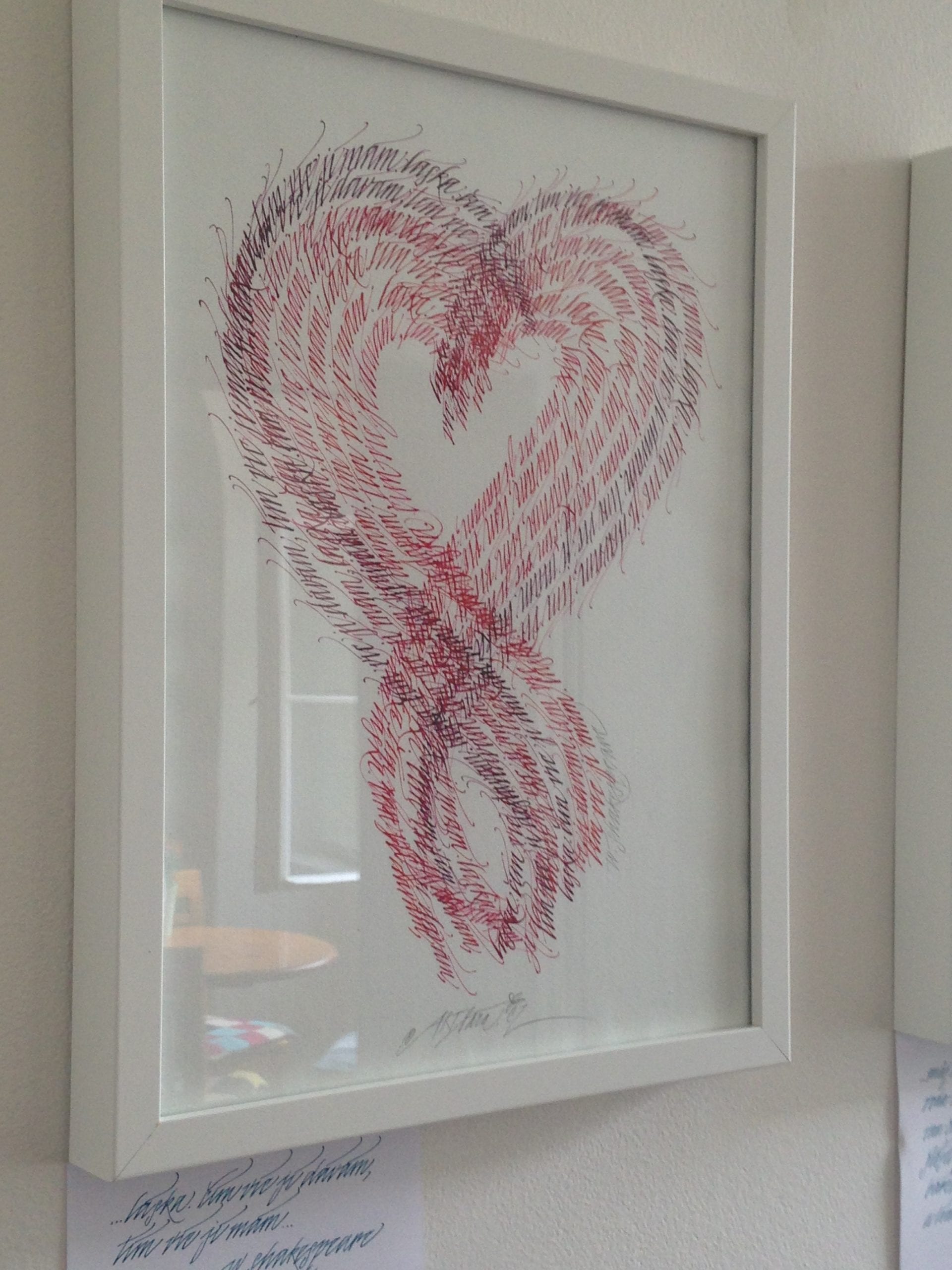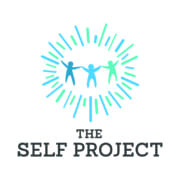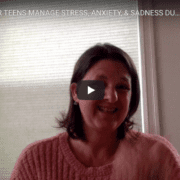Mindful Parenting: Counterfeit Connection
We all want to be connected to others, to have a tribe, to feel community. This push is particularly strong during adolescence, and it is important during this time to help kids understand what true connection is and what it isn’t.
Unfortunately, we don’t generally form strong bonds with others quickly. Trust and connection require sustained interaction that is consistent over time. We all know how quickly a relationship can be called in to question with one act of betrayal, and how long it takes to restore.
Sometimes, though, we think we can create intimacy and connection quickly, and I have discovered that there are two ways teens and tweens try to do this that create a false sense of trust and connection and end up backfiring.
- Oversharing – It’s true that one characteristic of close relationships is personal knowledge. We tend to trust those individuals with whom we are closest with our most intimate secrets. But often, adolescents think that if they share their most personal information with someone else, that will jump start a close relationship. Unfortunately, that isn’t generally how it works. Unless that person has demonstrated that they will honor that disclosure by keeping it safe, this is almost always a bad idea. You simply can’t be sure that a person is reliable or trustworthy without being in relationship with them over a period of time. It is important for parents to talk to teens about how they know someone else can be trusted and why they are choosing to be vulnerable.
- Gossip – There is nothing that binds people like a common adversary, and while they may not realize what they’re doing, many adolescents share other people’s secrets as a way to create intimacy with their own friends. Not only does it make us look better when we compare ourselves to someone else’s shameful mistake, but letting our friends know that we trust them enough to share a secret seems important, even if it wasn’t our secret to tell. In the long run, this tactic will not work by its very nature because in the act of gossiping, we are demonstrating that we ourselves are not trustworthy. This can feel like a powerful bond in the short term, but it does nothing to build authentic connections with others.
There are many elements of a healthy, strong relationship, and they all take time. That is not very comforting news to a lonely teenager, but the more we talk to them about what kinds of friendships they want to have and why, the more they can begin to make choices about how they interact with others. One way to do this is to talk about the people in their life that they trust the most and why. Ask them how these people have shown them, over time, that they truly care for them, and share information about your closest, most trusted relationships with them. Contrast that with people who may have betrayed their trust and yours. Ask if they have ever worked hard to regain someone else’s trust after they broke it and what that was like.
As parents, we want our kids to have good relationships, but it isn’t as easy as deciding who to hang out with. They need to understand what goes in to a good relationship, too.








Leave a Reply
Want to join the discussion?Feel free to contribute!